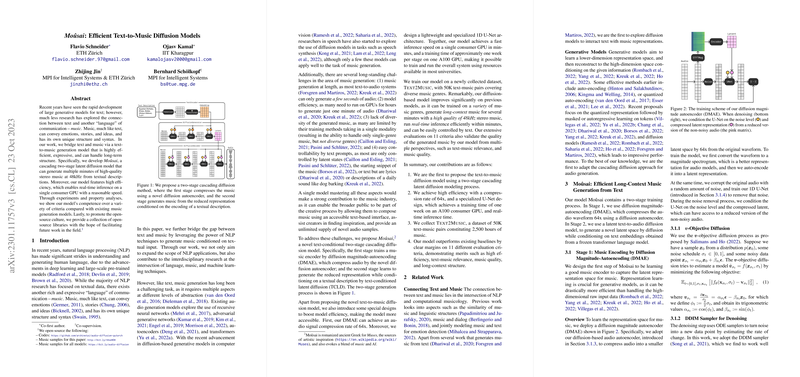Overview of the "Responsible NLP Research Checklist" Paper
The paper "Responsible NLP Research Checklist" serves as a detailed framework for ensuring ethical and methodological rigor in the field of NLP. The authors introduce a comprehensive checklist aligned with the Association for Computational Linguistics (ACL) code of ethics, aiming to foster responsible research practices. The checklist is an integral part of the ACL Rolling Review (ARR) process and seeks to guide researchers in acknowledging and addressing issues related to research ethics, societal impacts, and replicability.
Key Components of the Checklist
The checklist is structured into several sections, each targeting critical aspects of responsible research:
- General Submission Requirements: This section underscores the necessity for researchers to discuss limitations, potential risks, and the alignment of the abstract and introduction with the main claims of the paper. It encourages transparency in disclosing any possible shortcomings or hazards associated with the research.
- Use or Creation of Scientific Artifacts: Researchers are prompted to detail their use or creation of scientific artifacts. This includes citation of creators, discussion of licensing terms, and consideration of whether the use aligns with intended purposes. Furthermore, the checklist stresses the importance of documenting how data was sourced, anonymized, and protected.
- Computational Experiments: For experiments, the checklist demands thorough reporting on model parameters, computational resources, and the specifics of the experimental setup, including hyperparameter tuning. Transparent presentation of descriptive statistics and detailing the use of any existing software packages are also highlighted.
- Human Subjects and Annotators: When human participants or annotators are involved, the checklist mandates full disclosure of recruitment methods, consent procedures, compensation, and demographic data. Ethical approval from review boards is required to ensure compliance with ethical research standards.
Implications and Future Directions
The implementation of this checklist has significant implications for both the practical and theoretical landscapes of NLP research. Practically, it offers a standardized protocol to minimize ethical oversights and enhance the reproducibility of research findings. Theoretically, it encourages the consideration of broader societal impacts, prompting researchers to consider how their work’s deployment might affect various stakeholder groups.
Looking forward, the checklist could serve as a template for other branches of AI research, fostering a cross-disciplinary culture of transparency and responsibility. Moreover, as AI technologies evolve, the checklist may undergo revisions to accommodate new ethical challenges and technological advancements. This ongoing adaptability will be crucial in maintaining the checklist's relevance and efficacy.
Conclusion
The "Responsible NLP Research Checklist" represents a structured approach to ensuring that NLP research adheres to high ethical and methodological standards. By addressing various facets of the research process—from artifact creation to human subject involvement—the checklist provides a valuable resource for researchers committed to responsible innovation. Its integration into the ACL's review process underscores the continued importance of ethical considerations in the rapidly advancing domain of AI.
